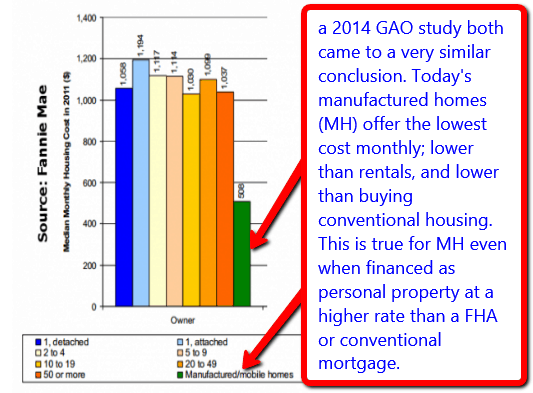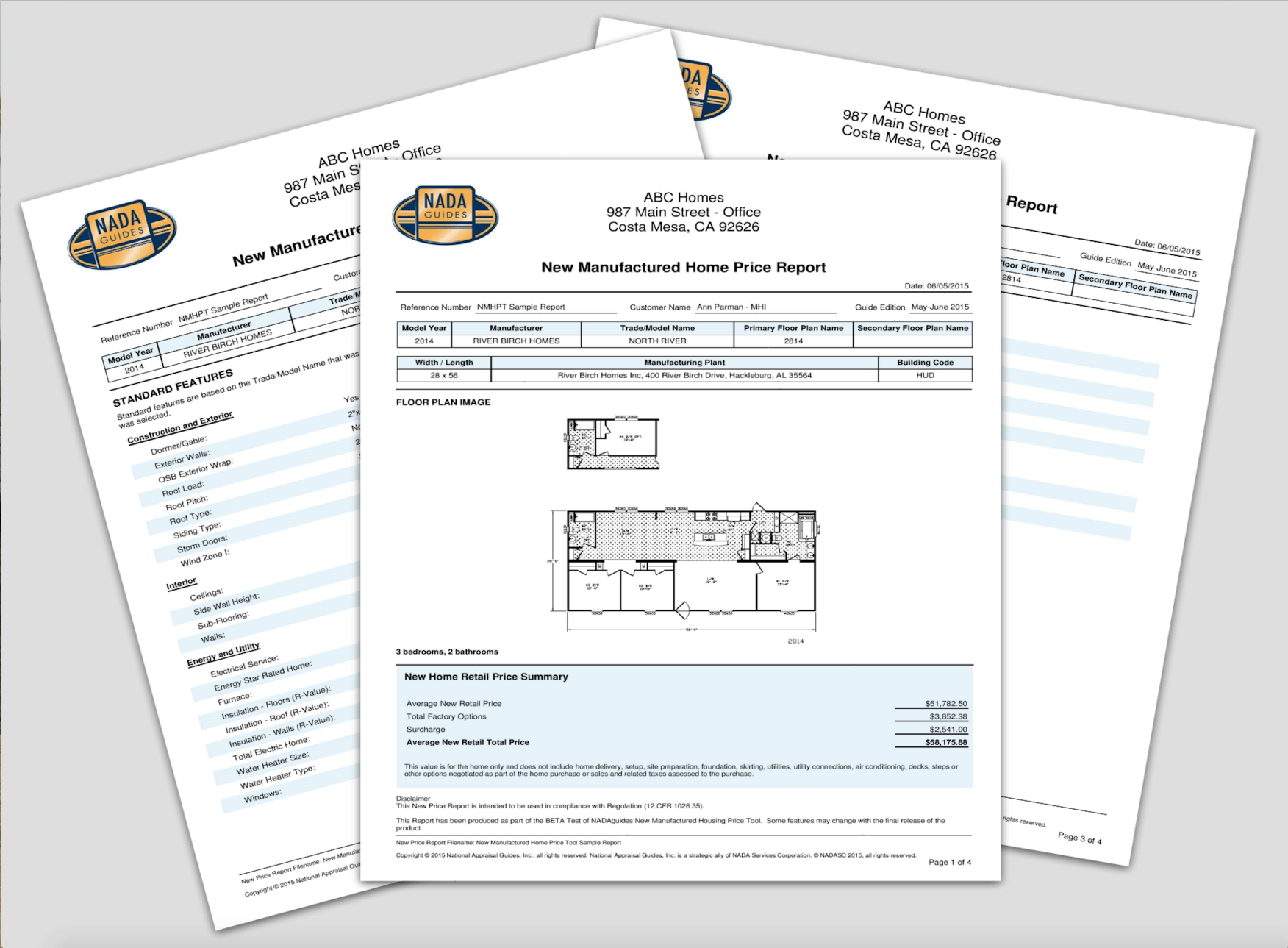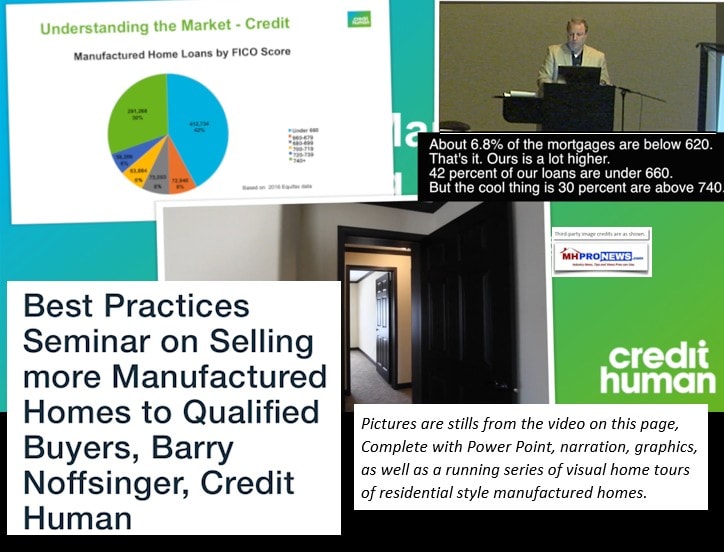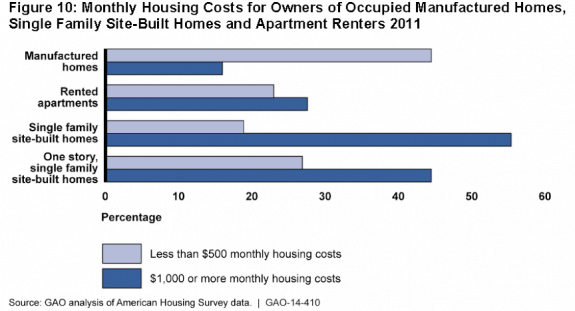by Eric Miller

Sheila Dey, executive director of the Western Manufactured Housing Communities Association (WMA), says there are 105 jurisdictions in the state with rent control for manufactured housing communities. Most of them have had it since the 1970s.
Today, however, there’s one fewer. That’s after a successful battle with the City of Capitola in Santa Cruz County. There residents of the Surf and Sand Mobile Home Park had been paying lot rents in the $200 range, for beachfront property on the Pacific Ocean. The rents were locked in place and would transfer with the property. Dey says the pre-HUD mobile homes at Surf and Sand could fetch half a million dollars.
Mark Alpert, an attorney who represented Surf and Sand Mobilehome Park, says the high price was a result of the value of the real property being transferred to the personal property – the homes on the land leased sites – through rent control.
“Basically rent control allowed them to sell the underlying value of the land which properly belongs to the park owner,” Alpert says. “It’s a great victory. It’s a situation where a city which had for decades been an advocate for extreme rent control has decided they no longer can sustain or support it.”
It’s an important issue to the WMA. In fact, Dey says her organization has three people working full-time on the issue.
One of those is Douglas Johnson, regional representative for Northern California. He explains that over the more than three decades the ordinance was in effect, owners had approached the city in hopes of reaching a compromise.
“They basically threw us out on our ear,” Johnson says.
According to Johnson the situation tipped when bills started piling up for the city, which was facing ongoing legal costs fighting lawsuits from park owners and residents unhappy with a compromise (i.e. the city was facing legal costs and unhappy residents).
“Surf and Sand came up with a settlement agreement to sunset the ordinance, but the residents were upset and tried to overturn the decision with a referendum,” Johnson explains. Those residents collected signatures for a referendum, which was rejected by the city clerk because they neglected to follow state law. That’s when the residents sued the city, and the city, facing mounting legal costs, repealed the ordinance.
Dey welcomed the move and says rent control is simply a failed policy.
“Every economist in the country will tell you rent control is a failed system,” Dey says. ” It doesn’t encourage affordable housing, it doesn’t encourage development of housing, it doesn’t help the people its supposed to help.”
Dey points out that moreover, for many of the people who live at Surf and Sand were using the homes as second residences or vacation homes. “It’s right on the beach overlooking the Pacific Ocean,” Dey says, questioning the logic. “Their rents were $210 a month. They had been frozen since 1978 when they established rent control.”
The battle was brutal. Residents expressed their anger through local media channels (see video as an example). The Capitola-Soquel Patch visited residents and published their comments. Some residents expected their rent to increase eight times. One resident equated the Reed family, which owns the community, to Bernie Madoff.
“Mr. Reed asked everyone to come here,” Trace Smith, whose father is a long-term resident in the community told the reporter. “He asked people to invest in his property to come here and purchase homes so he can earn rent. We did that, and the ordinance protected us. Now he’s going to take our investments from us. That’s what Bernie Madoff did.”
For the Reed family, it’s been years of struggle, and criticism in the media.
“This has been extremely hard on the Reed family for the past 30 years,” Ron Reed says in a statement distributed by the attorneys. “When we bought the property, we didn’t ask for rent control. We were made to look like villains in the media, even though we treated our tenants very well.”
Alpert also responds to advocates of keeping rent control in place for manufactured housing communities. The argument, he says, is moving homes is difficult and its hard to find vacant spaces in which to place them.
“Even if you accepted that rationale, it doesn’t really justify the way rent control has been applied, which is to set rents at levels at a fraction of fair market rent,” Alpert says. “In effect its not been used to protect against unfair rent by the park owner. It’s been used to force park owners to subsidize rents vastly at levels far below fair market rent in these jurisdictions.”
Almost all of the homes at Surf and Sand are Pre-HUD code homes. They don’t have many of the safety elements that are common and required in the manufactured homes built more since the passage of the HUD Code or the updates since the code went into effect on June 15, 1976.
Alpert says there are no current plans to use the site for anything other than a manufactured home community.
Johnson predicts the current state of municipalities will cause others to look at eliminating rent control.
“It’s becoming more common because cities in California are broke,” he says. “It’s often a choice between (keeping) police officers and rent control.”##
(Editor’s note: The following video is an example of a local news report which seems to capture the perspective of the residents, but not other stakeholders such as the manufactured home community owners.)
For more exclusive MHProNews.com reports like this, go to the Industry in Focus news module. Eric also contributes to the factory built housing Daily Business News blog.























